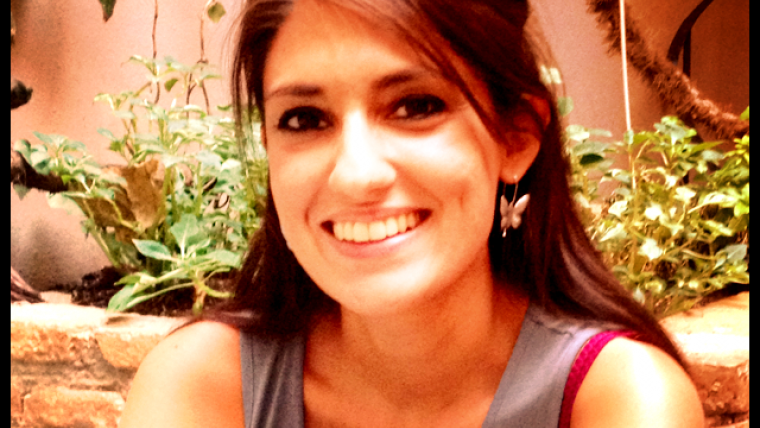VGI in Land Administration: A Vision or a Necessity?
Is it possible for crowdsourcing techniques to be more widely introduced into official cadastral surveys and land administration systems (LASs)? Are citizens able to actively take part in decision-making policies? What are the effects of such a cadastral mapping project and what are its expected benefits? Read on to find out more about the role of the virtual graphics interface (VGI) methodology in LAS.
(By Sofia Basiouka)
The research community is becoming increasingly interested in the developing phenomenon of crowdsourcing. Not just the variety of definitions that have been developed within the last ten years but also the variety of projects worldwide that adopt crowdsourcing techniques reveal how this new practice has infiltrated governmental projects, voluntary actions and emergency circumstances. The new era in LAS and the need to embed crowdsourcing techniques in its design is very recent.
The benefits of this new trend are summarised as follows:
- Simplification and transparency of official procedures
- Reduction of compilation time for cadastral surveys, in comparison to official procedures
- Reduction of costs
- Involvement of citizens as active cells of the society in an effort to reduce errors and increase accuracy.
The spatial collection of parcel boundaries may be done using various methodologies. The first approach is focused on the plain declaration of ownership by giving the point of its centroid. The second approach is focused on collecting parcel boundaries with the aid of a handheld GPS, tablet or smartphone. The third approach is online: citizens can declare their ownership by using online dynamic maps and/or online orthophotos as basemaps. It is clear that the virtual graphics interface (VGI) methodology is open and can offer various approaches depending on the different needs of each land administration project.
The technical factors behind VGI in LAS indicate that technical issues do not constitute a limiting factor in VGI approaches. The weakness of using a handheld GPS may be bypassed in cases where accurate basemaps exist (e.g. orthophotos). In developed countries, the use of high-accuracy basemaps for the identification of ownership further accelerates the accuracy of results. The required accuracy can be also reached with a combination of various technical solutions. The use of accurate and recent orthophotos in combination with the auxiliary use of GPS may improve the quality of the results. The use of OSM offers great potential for cadastral purposes in countries where no better basemaps exist.
The perception that VGI techniques may be adopted only in developing countries or in countries that suffer multiple financial problems has only recently been recognised as anachronistic. The outcomes of various studies have demonstrated that, in civilised societies that put citizens at the centre of decision-making policies and where there is a lack of governmental data, the quest for suitable datasets can lead to the initiation of VGI projects.
Experience has also indicated that the legal framework can be easily modified when required reforms are blocked due to legal restrictions. Also, concerns over privacy and personal data could be encountered at national or international level by the institutions involved in crowdsourcing.
It is a general fact that one of the greatest challenges that the research community will have to face within the next decades will be on land-related issues. The use of crowdsourcing techniques will be inevitable and the only way for this to work efficiently is for the requirements of such techniques to be proposed by experts right from the beginning. The VGI approach is not a need; it is a trend and should be defined within this specific framework.
Sofia Basiouka is a PhD surveyor engineer and is working on the Greek Ministry of Culture’s Archaelogical Cadastre project. She is also a researcher at the National Technical University of Athens (NTUA), where she actively participates in teaching undergraduate modules. Her academic interests are focused on land administration systems, land management, GIS and crowdsourcing techniques. Sofia graduated from NTUA’s School of Rural and Surveying Engineering. She holds an MSc in GIS from University College London and a PhD from NTUA. Her PhD studies were funded by the State of Scholarships Foundation.

Value staying current with geomatics?
Stay on the map with our expertly curated newsletters.
We provide educational insights, industry updates, and inspiring stories to help you learn, grow, and reach your full potential in your field. Don't miss out - subscribe today and ensure you're always informed, educated, and inspired.
Choose your newsletter(s)
























